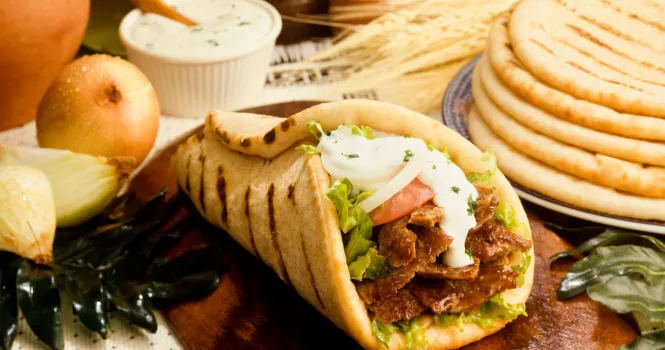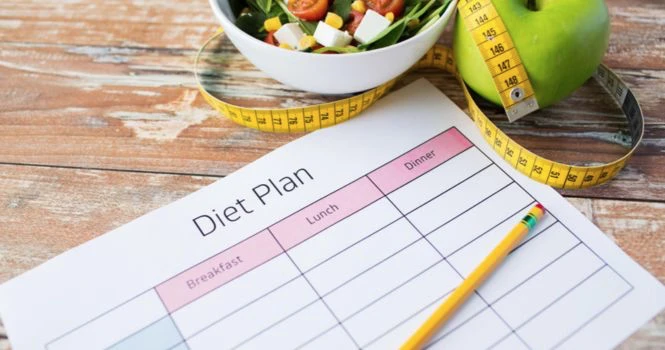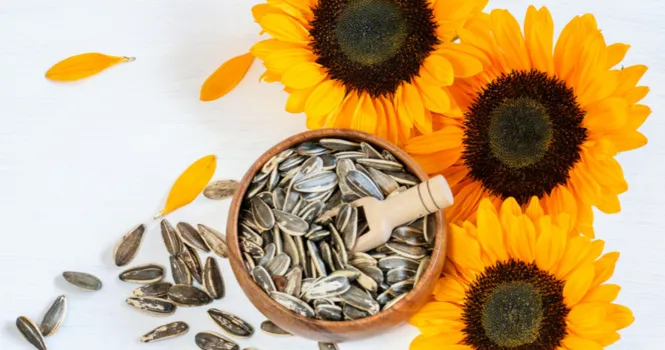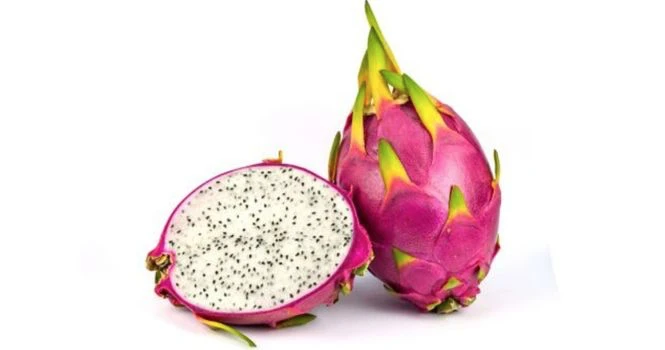Exploring the Health Benefits of Kuboos

Kuboos, also known as Khubz, Pita, or Arab bread, is a staple in Middle Eastern cuisine. It’s a type of flatbread that’s typically baked in a very hot oven, which causes the dough to puff up, leaving a pocket in the center.
Given its widespread consumption, questions regarding its healthfulness are common, especially among those mindful of their dietary choices.
Nutritional Profile of Kuboos
Kuboos is primarily made from wheat flour, water, yeast, and salt. Its healthfulness can vary significantly based on the type of flour used (whole wheat vs. refined white flour), portion sizes, and what it’s paired with:
- Whole Wheat vs. Refined Flour: Kuboos made from whole wheat flour contains more fiber, vitamins, and minerals than those made from refined white flour. Dietary fiber is beneficial for digestive health, helps maintain blood sugar levels, and contributes to satiety, which can aid in weight management.
- Calories: The calorie content in kuboos can vary based on its size and the ingredients used. A typical piece of whole wheat kuboos might contain around 170-200 calories, with most of these calories coming from carbohydrates.
- Protein: Kuboos provides a modest amount of protein, essential for muscle repair and growth. The protein content can be higher in kuboos made with added ingredients like seeds or mixed grains.
- Low Fat: Kuboos is generally low in fat, making it a suitable option for those on a low-fat diet. However, the total dietary fat intake would also depend on the accompaniments and fillings used with kuboos.
Health Considerations
1. Glycemic Index (GI): The glycemic index of kuboos, especially that made from refined flour, can be relatively high, leading to quicker rises in blood sugar levels. Opting for whole wheat kuboos can help lower the GI, providing a more gradual release of energy.
2. Gluten Content: Being a wheat-based product, kuboos contains gluten, which can be problematic for individuals with celiac disease or gluten sensitivities.
3. Portion Control: As with any food, portion control is important. Consuming large amounts of kuboos, especially if made from refined flour, can contribute to excess calorie intake.
Making Kuboos a Part of a Healthy Diet
- Choose Whole Grains: Opt for kuboos made with whole wheat or other whole grains to increase the dietary fiber content and nutritional value.
- Watch the Accompaniments: Pairing kuboos with healthy accompaniments like hummus, fresh vegetables, or lean proteins can make for a balanced and nutritious meal.
- Moderation is Key: Enjoy kuboos as part of a balanced diet, being mindful of portion sizes and the overall daily caloric intake.
Kuboos can be a healthy option when chosen wisely and consumed in moderation.
Opting for whole grain versions and being mindful of what you pair it with can enhance its nutritional value, making it a beneficial part of a balanced diet.
As with any dietary choice, consider your individual health needs, dietary restrictions, and preferences to make the best decision for your health and well-being.











